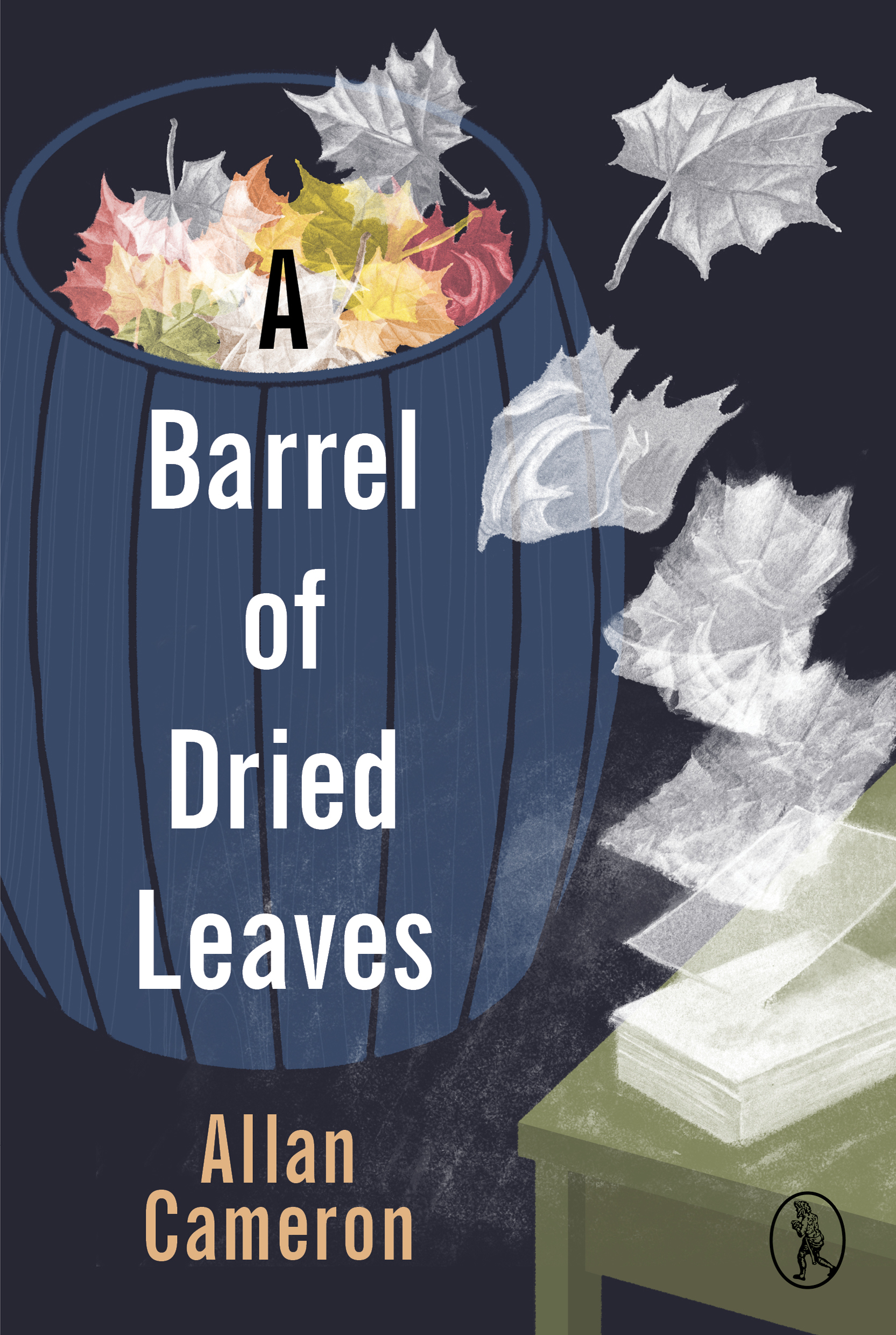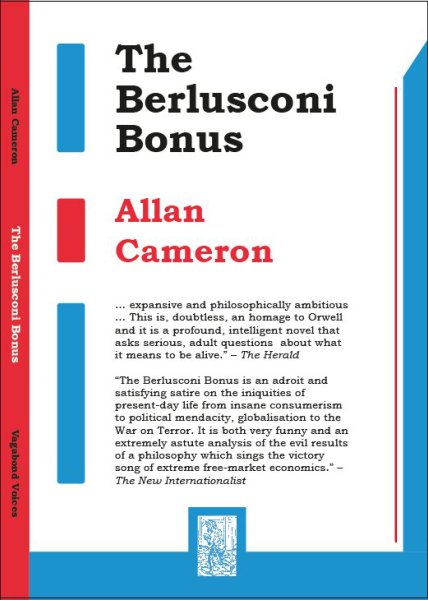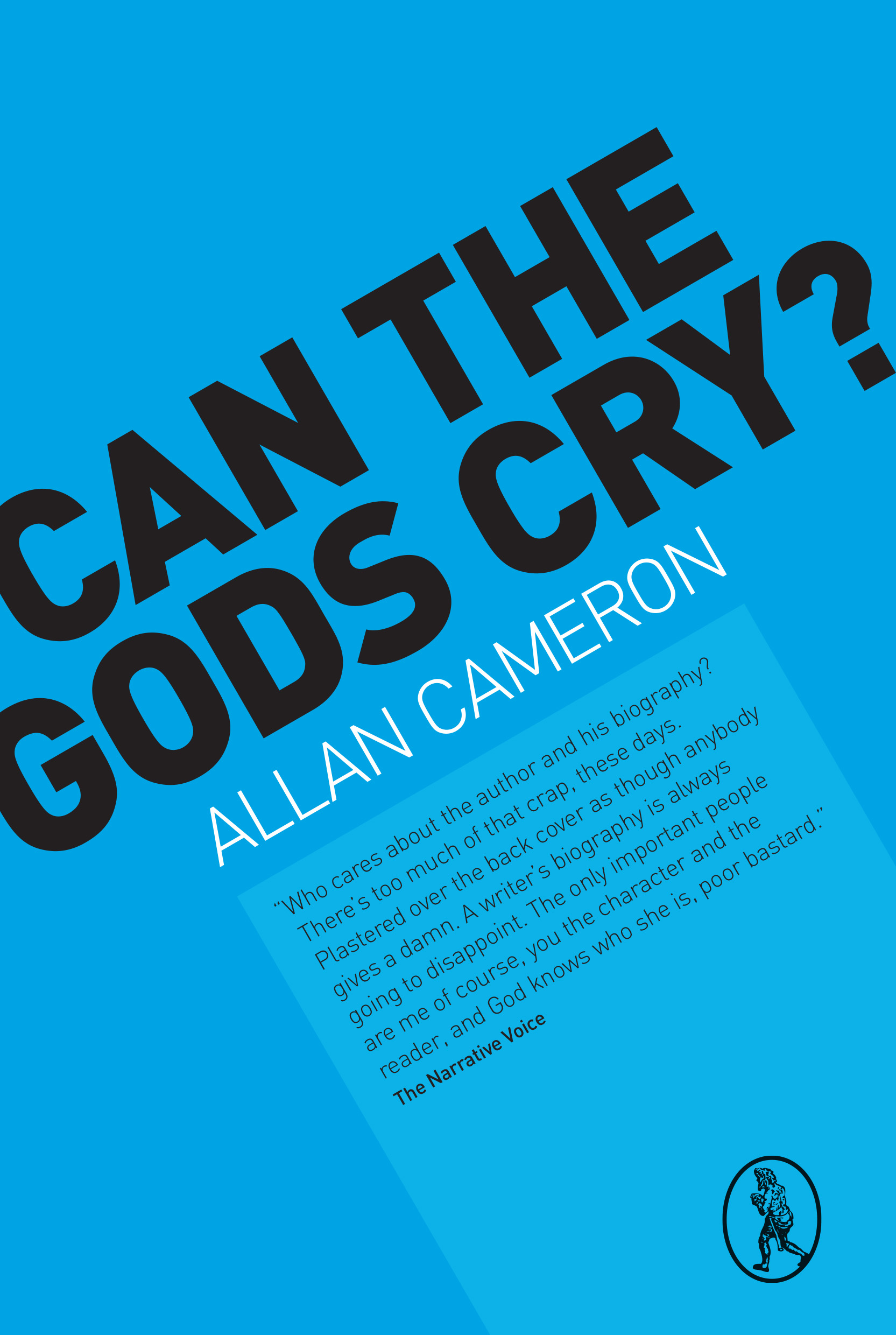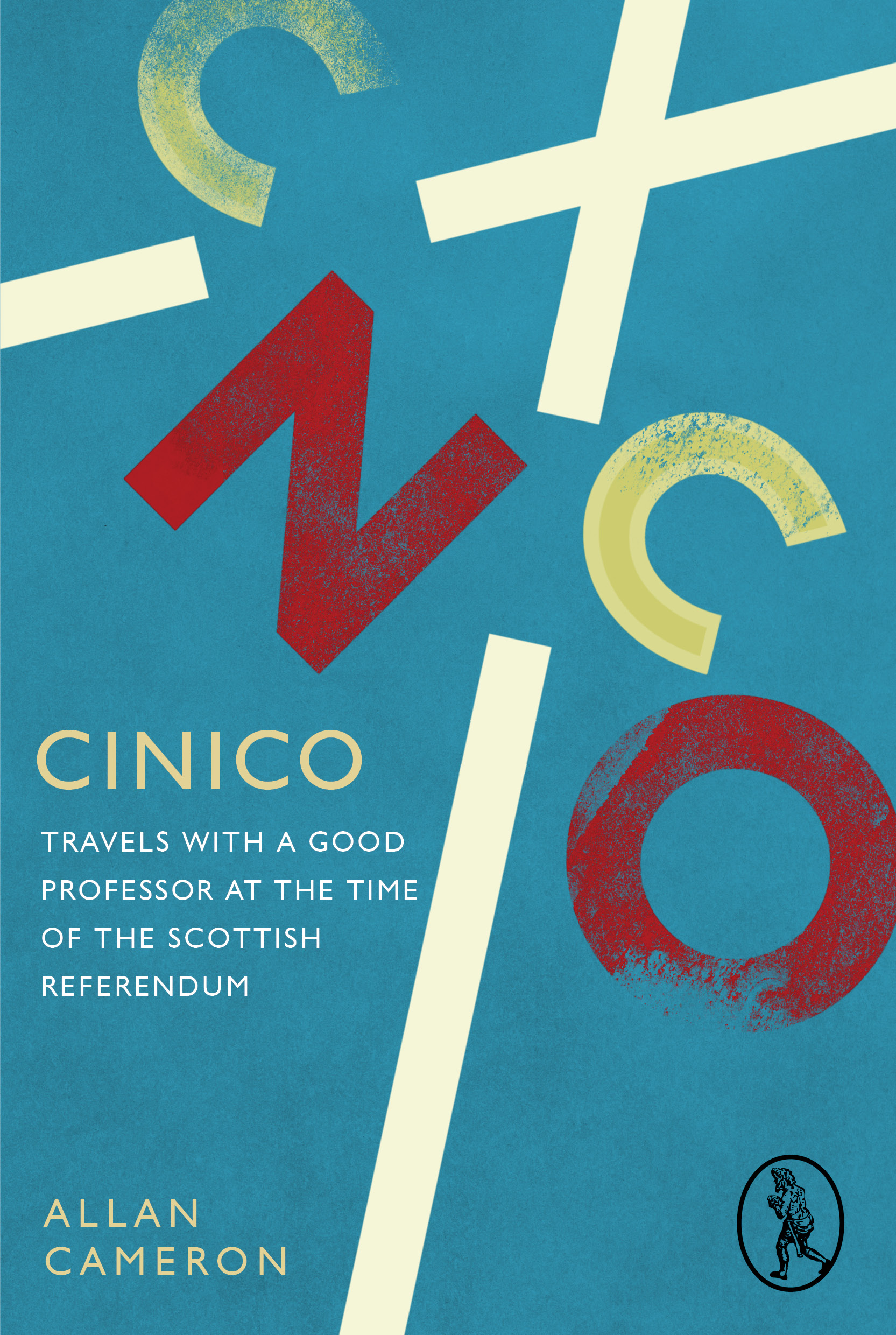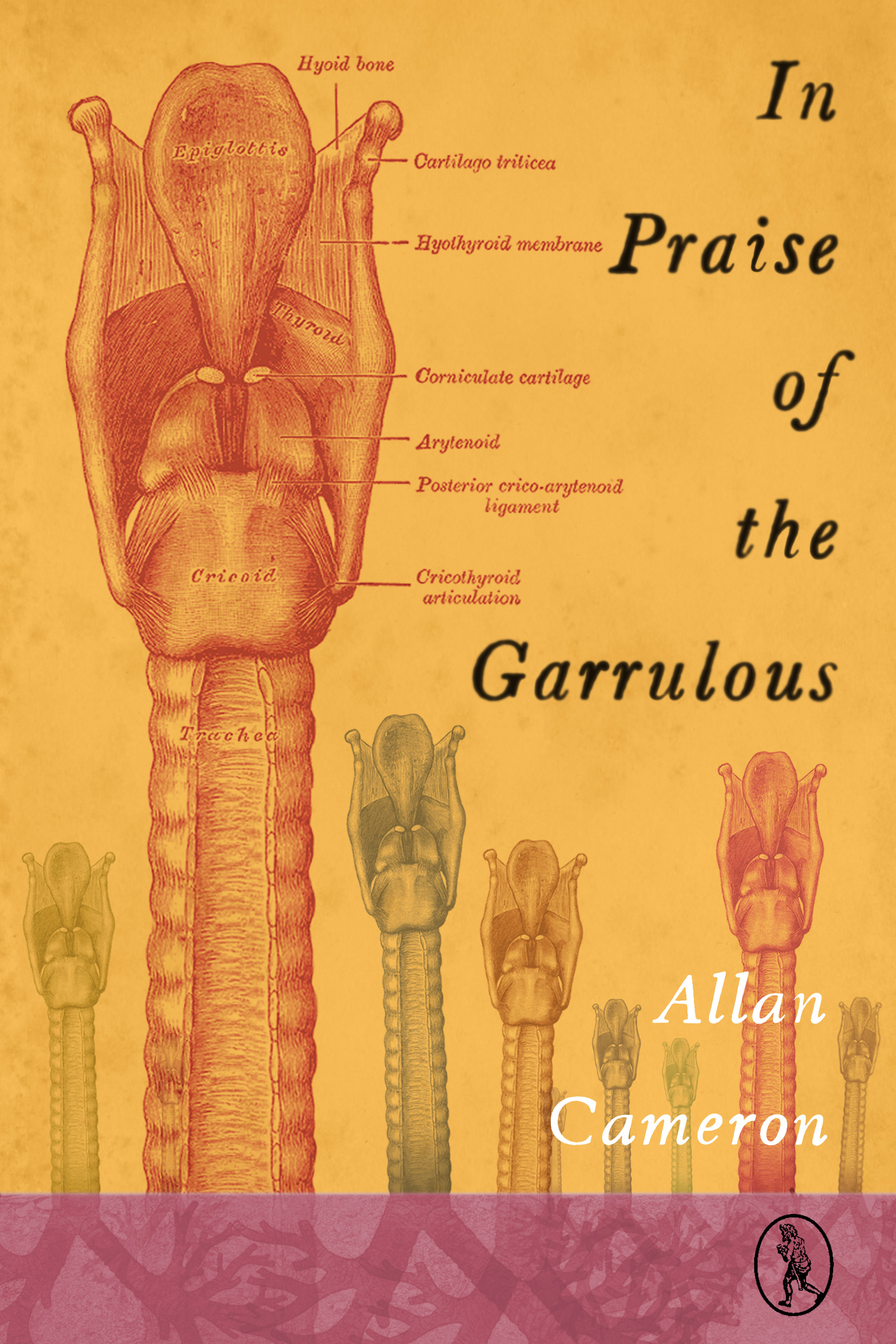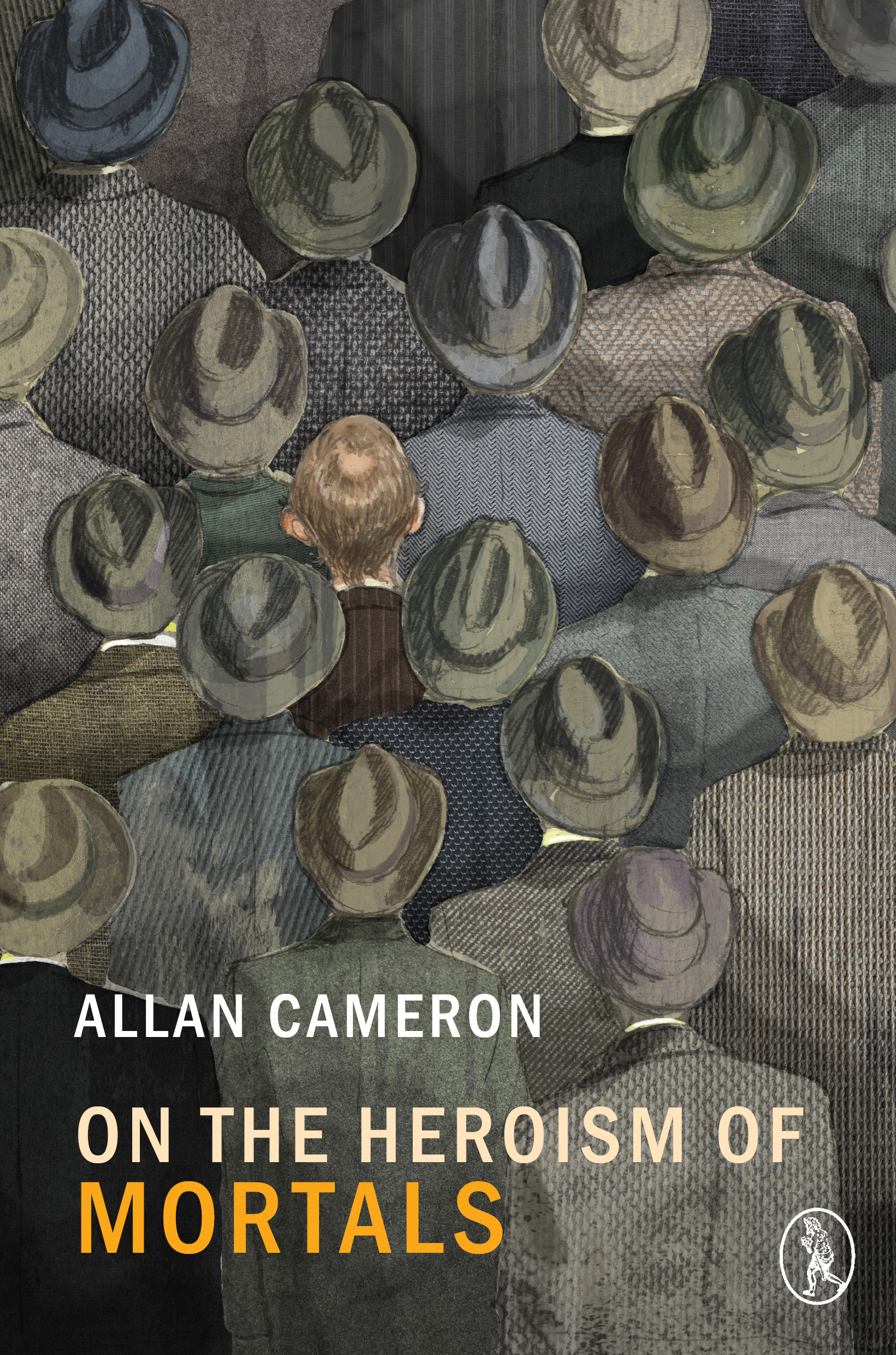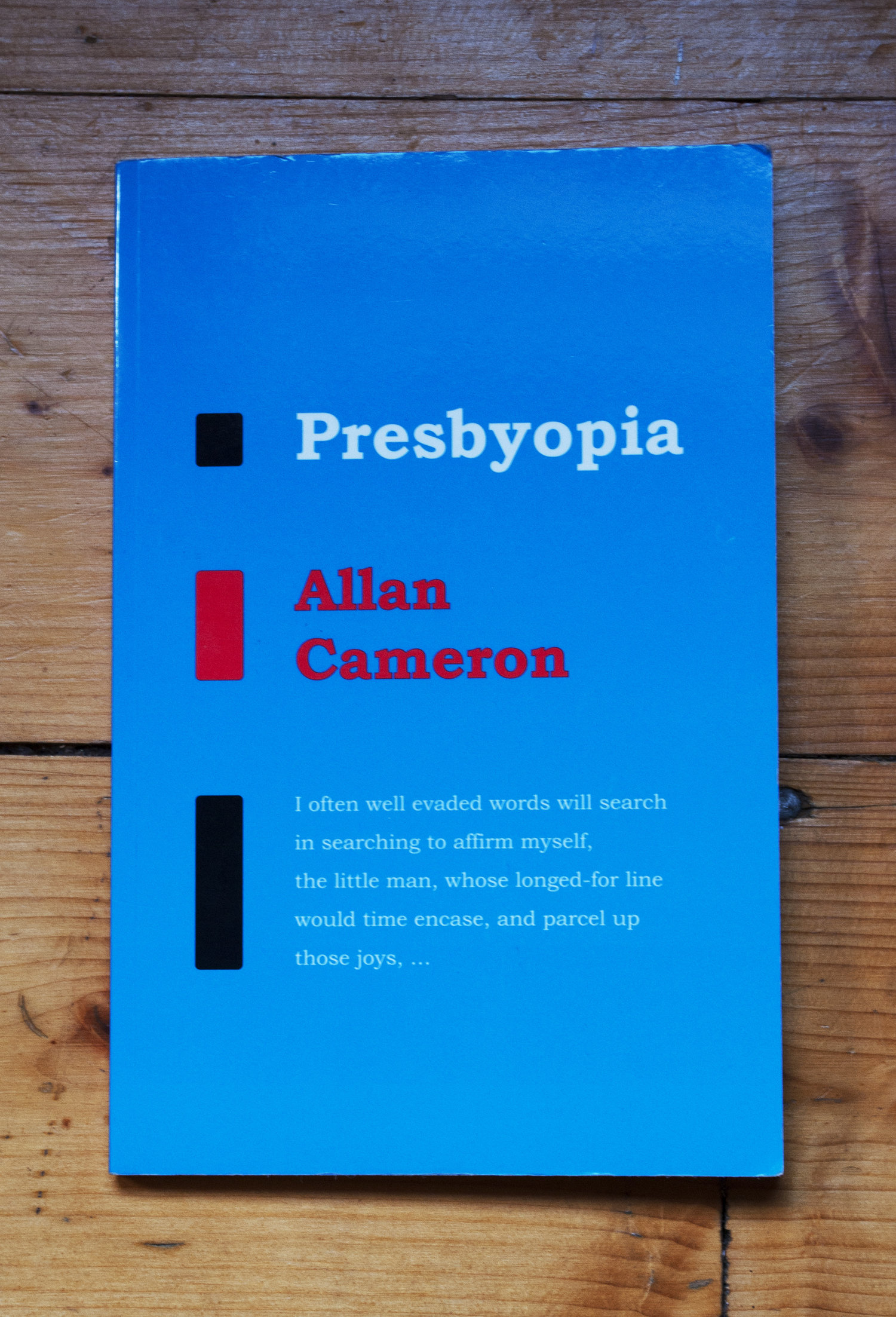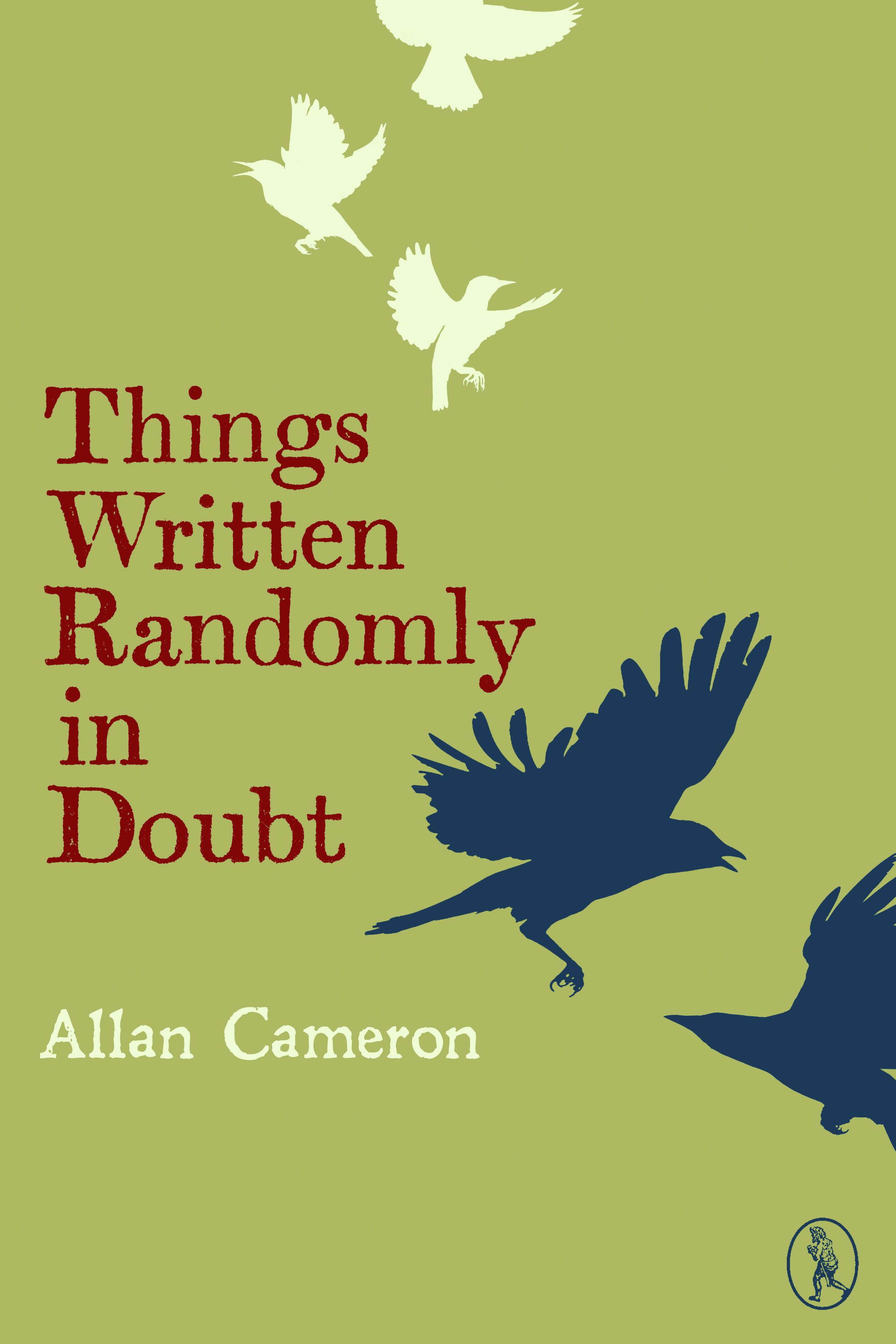Things Written Randomly in Doubt
Things Written Randomly in Doubt
THINGS WRITTEN RANDOMLY IN DOUBT
by Allan Cameron
Pages: 336
ISBN: 978-1-908251-27-5
Dimensions: 210 x 140 mm
Publication: 19 May 2014
The ebook is available here.
A work in three parts, Things Written Randomly in Doubt starts with aphorisms in “How Not to Be a Ruminant”, shifts to essays in “Weights and Counterweights”, and concludes with poetry in “By the Metre”. Some arguments appear in more than one section, and include nationalism, class, free will, religion, literature and the arts, but the theme of human relationships runs through the entire book, and is most closely examined with reference to Martin Buber’s ideas in a long essay entitled “Cats and Dogs, and Other Things We Cannot Understand”.
Reviews
“[Things Written Randomly in Doubt] has all of [Cameron's] customary boldness of thought and range of interest, and is properly unafraid to raise the most fundamental issues. … This book is gratifyingly lucid and has many wise things to say.” — Terry Eagleton
“… there is … in Cameron’s work a lingering spirituality, a faith that something soulful and significant is present in the everyday, in the ordinary ‘heroism of mortals’ he writes of. On occasion this takes the form of scepticism about science’s claim to be able to quantify and explain all experience. Like the philosopher John Gray, he is dubious about ‘progress’, political, economic, and scientific. … if Scottish literature has a true outsider, it is not Irvine Welsh: it’s Allan Cameron.” — Colin Waters, Scottish Review of Books
“'The aphorism is a very limited,' writes Cameron, which is ironic as the first 80 pages of this book consist of nothing else. The rest is comprised of a series of essays, in which he examines such topics as the fluid and debatable concept of national identity — beginning with the Franks, who had no land truly to call their own — and the concepts underpinning various nationalist movements down the centuries. The same Allan Cameron who can turn musings on dog owners into an epic meditation on how we see ourselves in relation to others also relates his experiences of class consciousness in Britain and Italy, examines the concept of friendship and chooses to Evelyn Waugh and AL Kennedy as examples of the ways authors write about themselves. Up-to-date enough to include references to Project Fear, this stimulating book works its way up to an atheistic defence of religion and the biggie itself: free will.” — The Herald
Other books by Allan Cameron


